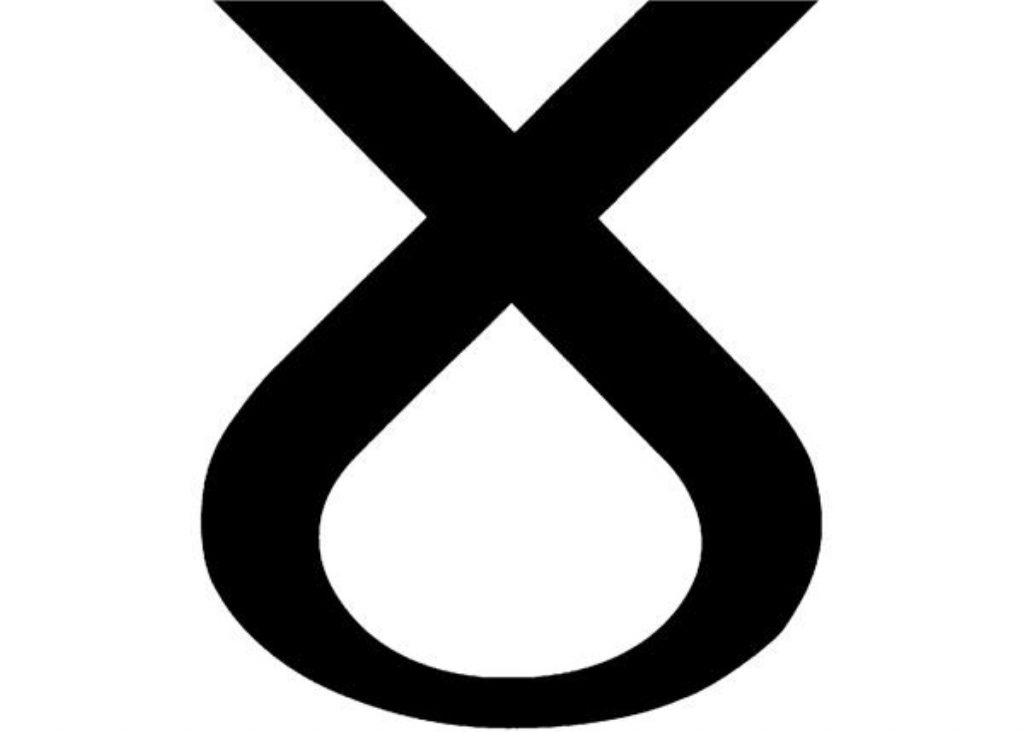Analysis: Is the SNP starting to unravel?
Less than two weeks ago, Alex Salmond sat next to David Cameron and signed a historic agreement on a referendum for an independent Scotland. Today, his personal reputation is in the mud, his governing majority has been reduced to one and his party is in a state of chaos. What’s going on and can the SNP survive?
In truth, things turned sour for Salmond before the ink was even dry. The consensus in London is that Cameron played an uncharacteristic blinder on the referendum negotiations. Westminster only cared about restricting the referendum to one question – independence. Getting devo-max (more powers for Scotland but short of independence) off the table was the prime concern, predominantly because Scots would surely vote for it. Votes-at-16 and the precise date were easy sacrifices to make. Salmond's hard-won reputation for running rings around his opponents took a beating.
Unhappily for the first minister, the Scottish public seemed to share Westminster's view. A majority of the 26,000 respondents wanted one single in-or-out question on independence and most disapproved of the decision to extent the franchise to 16- and-17-year-olds. The SNP's claim that Westminster was arrogantly interfering in the formulation of the referendum seems to have fallen on deaf ears.
But Salmond's most significant problems focus on his preparations for an independent Scotland. Its membership of the eurozone and Nato are major problems for the SNP.


Take Nato. If you join Nato you're signing up to a nuclear alliance. The SNP was anti-Nato, because it was anti-Trident. Now it is pro-Nato and anti-Trident, which raises serious issues, given the Nato strategic concept, agreed only last year, says: "Deterrence, based on an appropriate mix of nuclear and conventional capabilities, remains a core element of our overall strategy". This isn't a point of principle. The Trident deterrent relies on the freedom of Scottish waters.
The SNP voted to reverse its opposition to Nato at this year's party conference. This puts it in the untenable position of accepting an organisation but not its founding principles. As former secretary-general George Robertson wrote this morning, "it's like applying to join a golf club with the objective of preventing golf being played".
Since the Nato vote, two MSPs have quit the party in protest. John Finnie and Jean Urquhart's departure brings Salmond's much-praised majority down to one. Asked if he was planning on joining them, fellow MSP John Wilson replied "no comment", so it’s possible the majority will disintegrate entirely. They're still nationalists, so they'll vote with the SNP on all the issues that matter, but it reveals a crack in the portrait of Salmond as a crafty and successful British politician – the man who could build a majority in a political system specifically designed to prevent them.
Meanwhile, gay marriage – one of Salmond's pet projects – is also tearing the party apart, with one former leader branding it "fascism" and many members grumbling under their breath of a liberal takeover.
All of which pales by comparison with the scandal which swamped the SNP yesterday.
Earlier this year, Salmond was asked by the BBC if he had sought independent legal advice as to whether an independent Scotland would have to join the euro.
"We have, yes, in terms of the debate," he replied. "I can't reveal the legal advice of law officers but what you can say is everything we publish is consistent with the legal advice we receive."
Then something interesting happened. The Scottish information commission demanded the legal advice be published. Deputy first minister Nicola Sturgeon fought back, starting a legal battle costing the taxpayer £12,000. But yesterday, she made a humiliating announcement. There never had been any legal advice. Salmond seems to have made it up.
"It appears the first minister is a liar and used taxpayers' money to try to cover up his lies," Paul Martin, a Labour MSP, said.
Salmond's response, to say that no "fair-minded" viewer of the BBC interview would consider him a liar, was spectacularly disingenuous.
"Salmond has a tendency to wing it, to rely on instinct, and that gets him in trouble," David Torrance, Salmond's biographer, says. "He spends a great deal of time trying to dig himself out of holes he's dug himself."
Torrance believes the events of the last few days have chipped away at the heart of the SNP's success.
"The two things they prided themselves on since they got into power is discipline and competence," he says. "Discipline has been broken on gay marriage and Nato. Competence has been broken on the legal advice and the public consultation on the referendum. If electorate gets the general sense they're no longer disciplined or competent they're in a difficult position."
The SNP is far away from unravelling, and supporters of the union should not get overexcited: there's a lot of time before the vote and much could happen in the meantime. But Salmond's recent problems take place precisely where his strength lies. They raise questions as to whether he really is the master tactician he appeared to be, whether the SNP really is the disciplined force it claimed to be. There are significant chinks in that armour. Opponents of independence will have a spring in their step.












